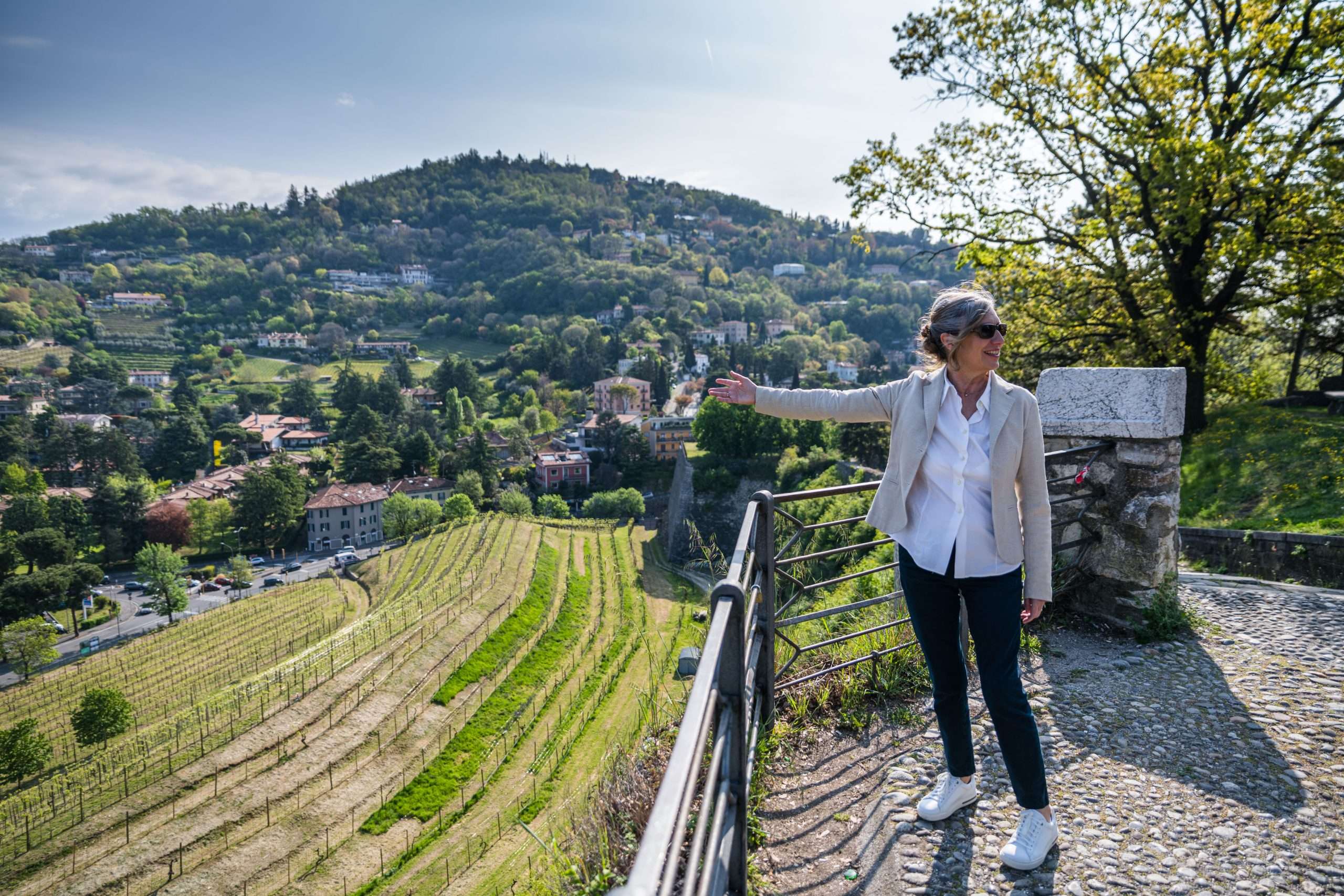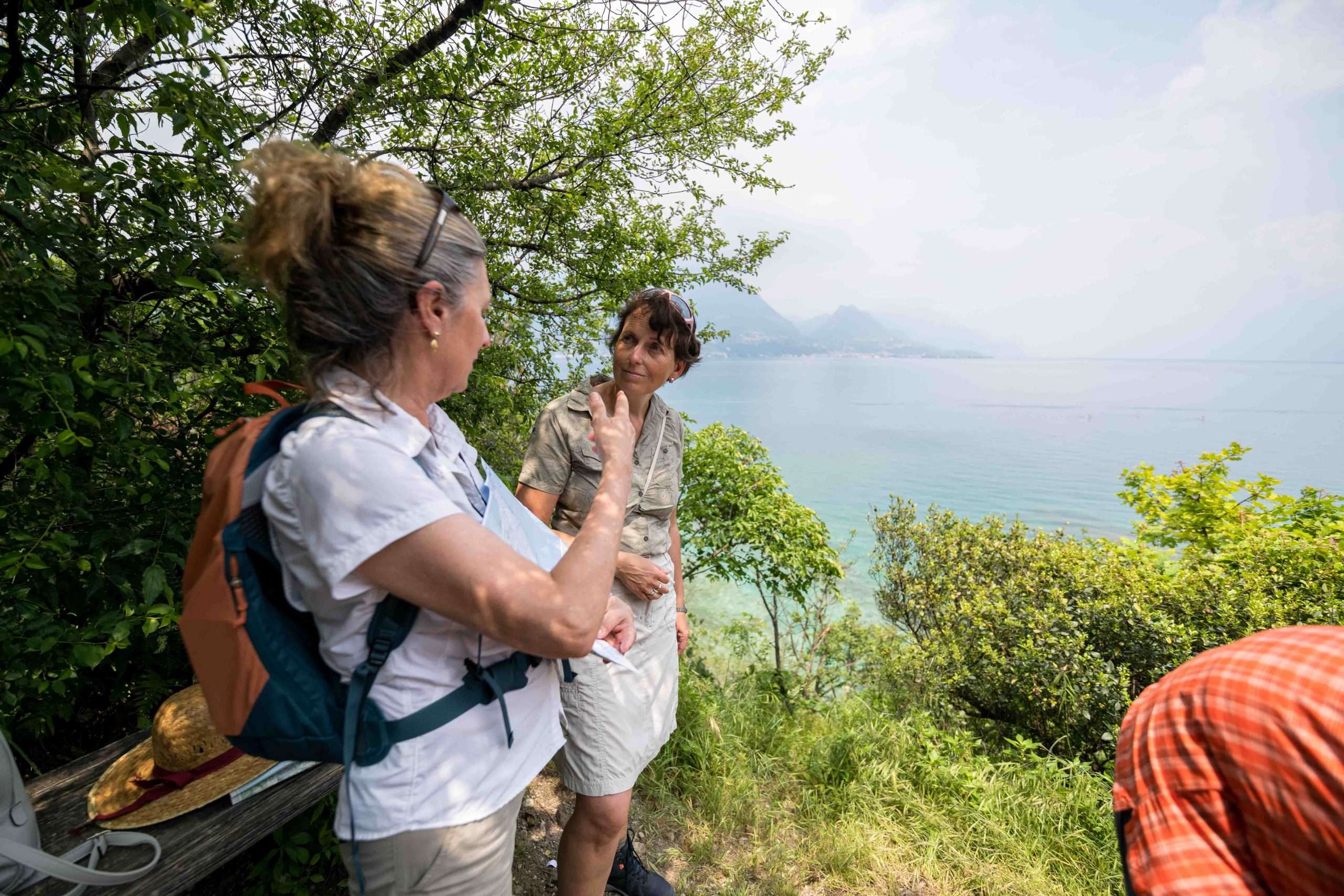
TOUR ESCORT OR TOUR MANAGER?
Tour escorts or tour managers express two opposite attitudes of approaching a job. It seems simple from a technical point of view and it lends itself greatly to interpretation, requiring a range of critical soft skills. The professional definition in the Italian manuals could be more specific, too. Finally, it seems that the role of tour manager has lost a lot of importance as tourism has become more and more of a mass phenomenon.
I’m not too fond of foreign words when there is an Italian version. If the devil is in the details and perhaps even in the translations, it ends up that the two roles of Tour Escort and Tour Manager are different. And I prefer the second one.
Accompany or manage?
The first definition interprets an almost passive role as an active assistant, only to anticipate solutions or solve possible problems. At the same time, the tour manager or the tour leader expresses the role of a professional whose action is decisive for the quality of the result. They do not have to invent anything since all the activities are planned. It is equally valid that often, the mood and presence of the tour manager create customer satisfaction, not exclusively the program.
Having practiced this for years in the role of the winery receptionist, this summer, I immersed myself in the world of tourism. I found myself putting my skills into practice in the world of tourism tout court. Enthusiasm, curiosity, and even naiveté always accompany discoveries, even if you arrive equipped from other planets.
Traditional roles
I found a sector full of opportunities to insert professionalism also stemming from varied experiences. At the same time, rigidity in the existing system in absorbing energies and soft skills, consider the “certified pre-owned” more comfortable. Therefore, why change as long as the current is possible? No problem, as always, the market takes care of it, determining who, how, and what, even in a professional sense.
Very specific?
Let’s start by taking a picture of the existing. In Italy, by definition, the tour leader is a figure second to the tour guide. The latter is an expert in history, literature, and art. They can explain the origin of a masterpiece, the context in which it takes place, and the conditions that make it possible to enjoy it at this time. We owe absolute and unconditional respect to these figures. They are fundamental to our heritage and contribute substantially to transferring the value of our country’s history.
On the contrary, the tour leader is a figure of service to the tourist contracted by the operator who organizes and sells the trip. Their have to survey that the program is respected and guests can always count on assistance.
Or innovative tasks?
It is a role that lends itself to interpretation. I have seen many colleagues take turns with different approaches to these tasks. We should admit that definitions coined several decades ago would need some refreshing and updating. Meanwhile, people have changed their habits about travel motivation and leisure choices, the number of beds available in the world have increased, and people’s curiosity have changed.
Programs must adhere the expectations and each professional must offer an agreed-upon performance. How can the role of tour leader become most rewarding for the guest and for operators, too?
Below, I summarize five areas and roles that I see as indispensable to bring these figures up to date and to motivate them to be increasingly effective in their relationships with guests.
Getting to know and empathize
When groups are small, say within twenty people, knowing a rough profile of the guests can make a difference. Some advance information about the participants, which fascinates or intrigues them, helps the tour manager direct the guests to make the most of their vacation. Beyond the activities planned for the whole group, giving the guests targeted leisure advice based on their passions can turn the quality of the entire trip around positively and, in any case, show customer care. In Italy (and everywhere else in the world), there is more to discover than we put into online presentations.
However, getting in tune with guest preferences involves extra operator effort that guest satisfaction amply rewards. Understanding who is inclined to enjoy the landscape and who is sensitive to the personalities of history and literature helps to give everyone the right advice in the sphere of human preferences, far beyond the pharmacy’s location or the day of the weekly market.
Brand Ambassador
No tour manager is just an executor of the travel program. If that were the case, it could give guests headsets with a detailed schedule and numbers to call in an emergency. On the contrary, a trip is about people, relationships, and daily experiences among travelers who empathize along the way and operators who intervene in different situations, locations, and stimuli.
The tour managers are also “ambassadors” of the tour operator, but not only that. They instinctively know their own country, the location guests visit, and the environment in which they move. He is an ambassador of an identity; unfortunately, he does not always seem to be aware of it.
Personal shopper
How often do customers return from patrols and proudly show us their purchases? Often, especially if we show genuine interest. Or, impressed by the amount of SOLDES signs, they ask us, “But is it worth my shopping here?” In this case, I suggest to warn about the best areas to shop and what they need to check to buy quality items or clothing without getting swept up at all costs, buying not that Made in Italy items.
And what not to say about food and wine? The enormous variety of Italian regional cuisines means there is something to discover at every stop, and discoveries made by chance are the most intriguing. One example? During a transfer on the very boring A4, I paused for a moment to talk about the territory of Franciacorta. The message came through loud and clear, so much so that as soon as we had a stop, the question was, “What did you say the wine’s name? Because tonight at dinner, I would love to taste it!”
As one of my wine customers has declaimed in the past, “We can import anything, but the best of Italy is still found only in Italy!
Customer care
Whether you call them group leader or tour manager, it is the person who comes into contact with the guests on behalf of the tour operator. They are the face of the company that welcomes and accompanies the travelers to make the most of the leisure time they have chosen to invest in this destination of the world. In other commodity sectors, it would be called “after-sales service,” and this function would typically take minutes by the attendant staff. In the travel world, however, support is crucial to enjoying the product, which is often expensive and requires almost total dedication.
Then problems can also happen, and quick action is essential. Broken suitcases are replaced quickly, but guests’ legs and feet sometimes hurt, requiring extra attention. Again, I would greatly appreciate your willingness and attitude to find solutions.
Tourists do not exist.
No one likes to be called a tourist in any latitude. No one wants to be a fast consumer of tourist destinations, places where you take a few pictures but of which you have understood neither the context nor the importance, not even talking about the soul.
Most guests who visit a place with an open-ended formula want to be something other than a textbook tourist who receives a history lesson to which they feel alien. Understandable. It is also true that the places booked in the travel catalog differ from those we find on a trip: no site description in a record can ever transfer the context, time, and atmosphere it belongs to.
It is no coincidence that almost all travelers to our environments are surprised by aspects that we find obvious. Every tourist, especially a non-European, needs help understanding how we relate to the climate. For us residents, especially in the summer, some activities are done in the morning, others in the evening. We call them traditions, but they are the consequence of centuries of living together decided by the conditions of a place, not by us. If anything, suffered and ingrained by force majeure.
The more we can integrate the guests into our way of life, the easier it will be for them to enjoy their stay in the local practices.
In conclusion, tourists do not exist. There are guests, visitors, explorers, globe trotters, travelers, and as many definitions as a person can embody. It is up to us to “seize the moment” and make it memorable and, if possible, win the guest over for the next destination. Cheers!


